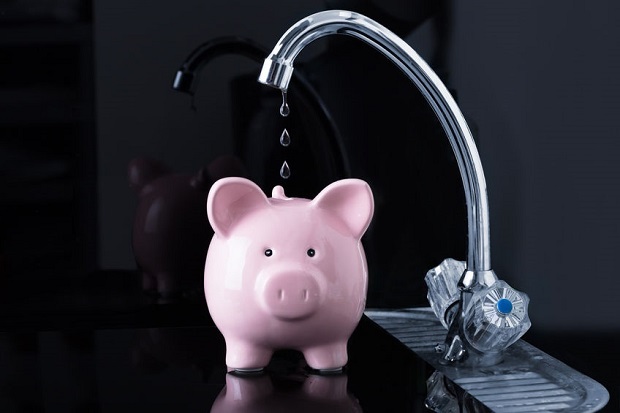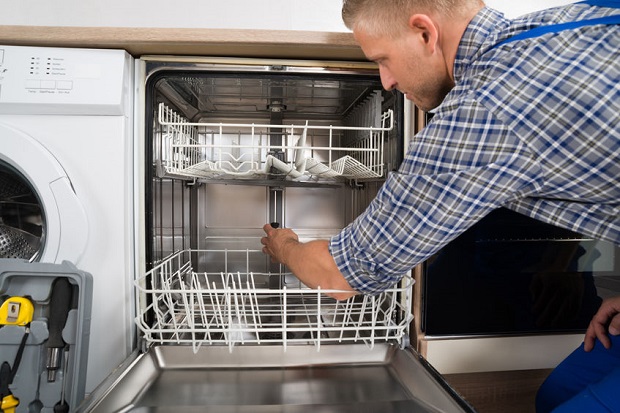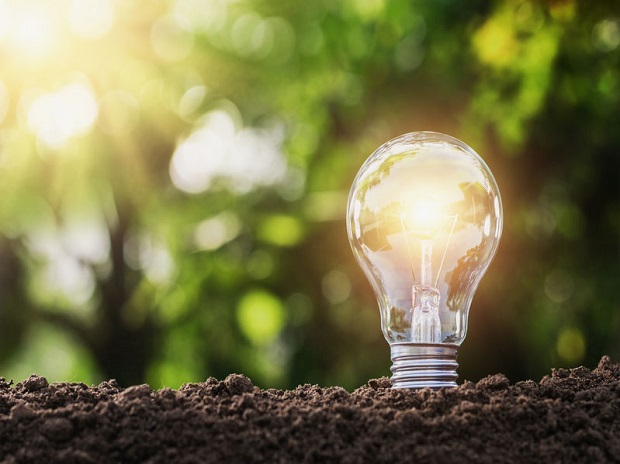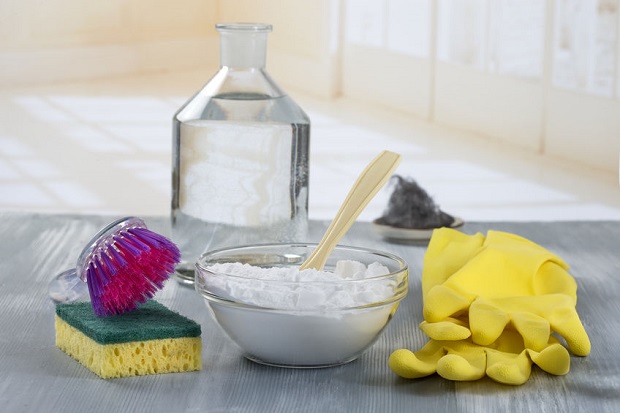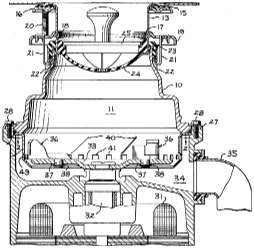
Your dishwasher has an average life expectancy of 9-11 years if maintained properly in the absence of hard water. Hard water can reduce the lifespan of your dishwasher as well as other appliances that use water such as the washing machine and coffee maker.
What Is Hard Water?
Hard water is defined as water that has high concentrations of calcium and magnesium. Water hardness is measured in terms of the equivalent concentration of calcium carbonate. It is considered hard if 100 milligrams per liter of calcium carbonate are present. *
*Sanitary engineers and the water conditioning industry list different rates at which they consider water hard. Sanitary engineers consider water somewhat hard at 76-150, hard at 151-300, and very hard at 301+ (expressed as mg/L as CaCO3). The water conditioning industry considers water somewhat hard at 51-100, hard at 101-150, and very hard at 151+ (expressed as mg/L as CaCO3). [New Hampshire Dept. of Environmental Services]
What Are Signs of Hard Water in the Dishwasher?
Depending on the minerals present and their concentrations, you can tell if you have hard water if your dishes come out spotty or covered in a white film. The telltale glaze is more apparent on your clear glassware. Build up may also be present in the interior of the machine as well as its working parts.
Why Does Hard Water Affect Dishwasher Performance?
High levels of magnesium and calcium carbonate can dramatically affect your dishwasher’s performance based on the minerals present in your water and their concentrations. These minerals will not only leave trace deposits on your dishes and dishwasher, they can affect the performance of your dishwasher detergent.
What Can I Do If I Have Hard Water?
Use the correct amount of detergent. Using too little detergent will leave deposits to settle on the dishes. Hard water requires the use of more detergent.
Use a rinse aid. Rinse aids are surfactants, which means their purpose is to reduce the surface tension of water. Untreated water forms water droplets on clean surfaces. Rinse aids loosen the hydrogen bonds of water causing it to spread out thinly on a clean surface, which dries much faster than water droplets.
Clean the filters regularly. Hard water deposits can build up on the filters impeding water flow and dishwasher performance. Also check the holes in the washer arms for any signs of buildup.
Soften the water. Rather than a load-by- load solution, you can alter the hardness of your water with a whole house water softening system. A water softening system removes hardness minerals from your water while adding sodium or potassium proportionally.
Filter the water entering the dishwasher. There are single filtration systems for the dishwasher that will fit below your sink. The filtration systems are designed specifically for the dishwasher that will reduce or remove minerals from your water before they enter the dishwasher.
Resources
National Association of Home Builders – “Study of Life Expectancy of Home Components”, 2007, Retrieved December 12, 2010 from http://www.nahb.org/fileUpload_details.aspx?contentID=99359
“Dishwasher: Energy Choices in the Home.” California Energy Commission. N.p., n.d. Web. 4 Dec. 2011. http://www.consumerenergycenter.org/residential/appliances/dishwashers.html
